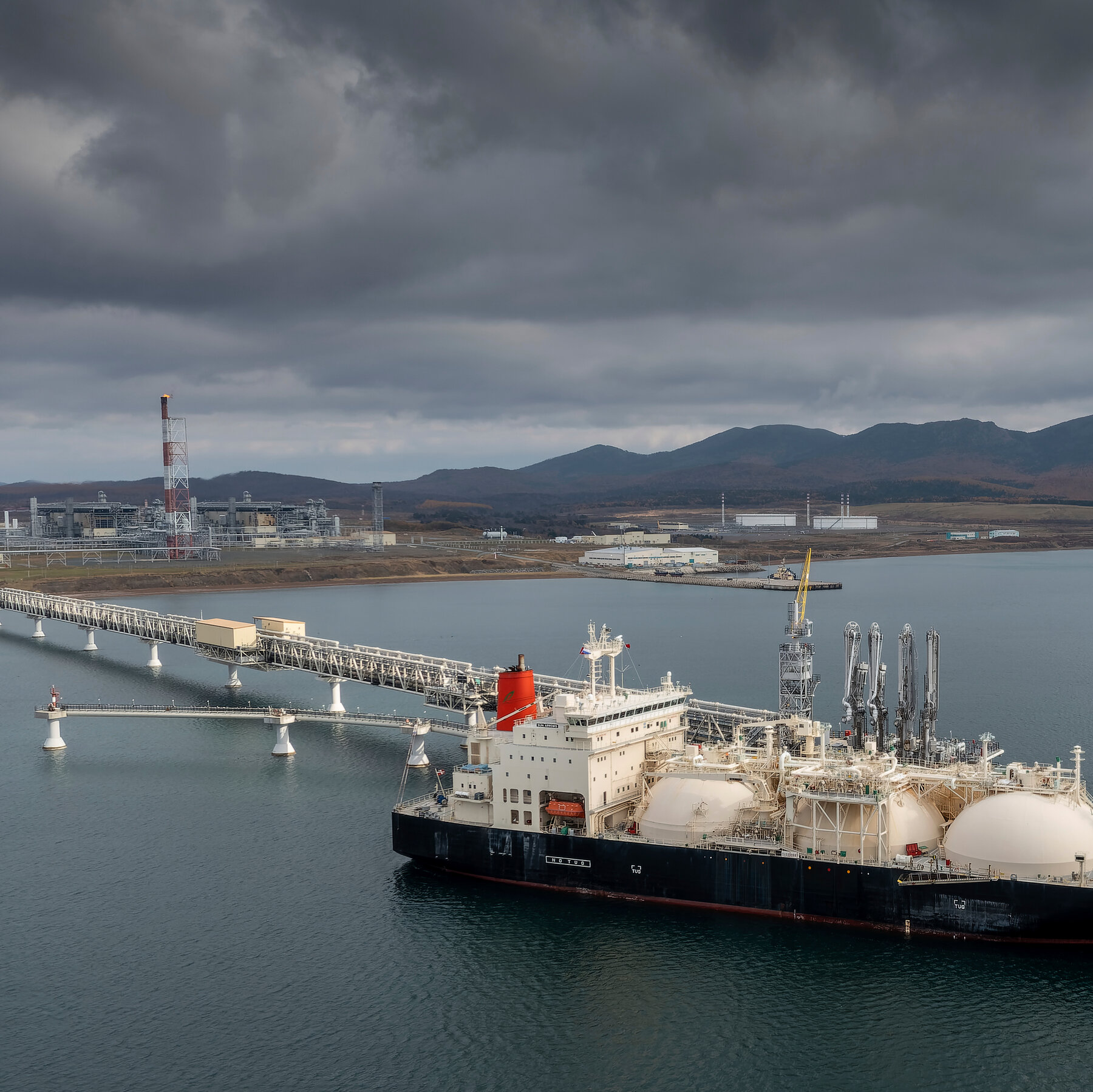Britain Approves Construction of Small Modular Reactor in Wales
£2.5 billion allocated for site preparation, but the choice may ruffle feathers overseas
The UK government has given the green light to develop a small modular reactor (SMR) at a site in Wales, committing £2.5 billion to fund the initial groundwork and infrastructure. The move marks a significant shift toward next‑generation nuclear technology, which promises lower costs, faster construction times, and enhanced safety features compared to traditional large‑scale reactors.
While the decision has been welcomed by many domestic stakeholders as a step toward energy security and decarbonisation, it has also drawn criticism from some quarters of the international nuclear industry. In particular, representatives of the United States nuclear sector have expressed disappointment, arguing that the UK’s focus on SMRs could sideline larger, more established reactor designs that dominate the global market.
“Investing in small modular reactors is a bold and forward‑looking choice,” said a senior official from the Department for Energy Security and Net Zero. “It aligns with our climate goals and offers a flexible solution for regional power needs.”
Opponents, however, caution that the technology is still in its infancy and that the UK may face challenges related to licensing, supply chain development, and long‑term financing. They warn that the emphasis on SMRs could limit opportunities for larger projects that have the potential to generate more electricity and create a greater number of jobs.
Despite the debate, the Welsh site—selected for its existing industrial infrastructure and access to the grid—will begin detailed site preparation later this year. The project aims to demonstrate the viability of SMRs and, if successful, could pave the way for additional units across the United Kingdom.







İngiltere’nin bu kararı enerji güvenliğine yönelik önemli bir adım. Umarım bu teknoloji Türkiye’de de uygulanır.